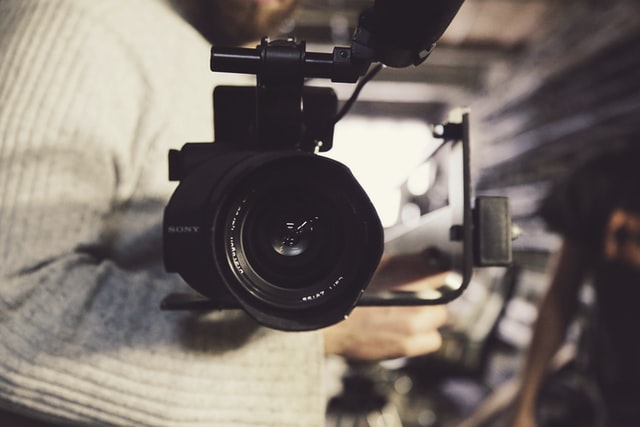Groundbreaking Workshop on AI and Technology-Facilitated Gender-Based Violence at AWiM24
Trending
Saturday April 19, 2025
Trending

As days turn into months, months into years and years into decades, the clamour for equal participation of both male and female gender in all sectors continues to increase.
This clamour is seen to be more rampant among women who are always seen playing the gender card on issues and situations where they do not necessarily need to see themselves as victims but contenders.
According to UNICEF, gender equality means that women and men, girls and boys, enjoy the same rights, resources, opportunities and protections.
There has been considerable progress over the last decades: More girls are going to school, fewer girls are forced into early marriage, more women are serving in Parliament and positions of leadership, and laws are being reformed to advance gender equality.
However, with all these already in place to advance equal participation, women are still underrepresented in both media and other key areas of human existence which then poses the question, what more can be done to achieve gender equality and empower all women and girls by the year 2030? 2030 is the year set aside by the United Nations to achieve all Sustainable Development Goals with ‘Gender Equality as goal 5.
This is where the concept of women’s capacity building comes in if gender equality must be achieved.
Bearing in mind that the notion of capacity building entails increasing or developing skills and competencies to produce or perform tasks effectively, women’s capacity building is no doubt a basic necessity in the struggle for gender equality in the media industry across Africa and beyond.
Often, you’d hear women’s rights activists advocate for women’s inclusion in key leadership and media positions not because such women are qualified but simply because they’re women.
You’re also likely to hear words like, “I’m a woman being discriminated against so give me this position to achieve gender equality”.
However, it is important to equip women to compete on level ground with their male counterparts.
This is like going to war with a water gun while the other party has drones and bombs.
Most women who claim to be advocating for equality simply give credence to the idea that they are the weaker gender judging from the means through which they seek such equality.
In the male-dominated media world, women need to equip themselves with the necessary skills and this can be achieved through capacity building.
An Igbo (a tribe in the Southeastern part of Nigeria) adage says that when two men are fighting over a piece of land, the man with yam seedlings plants it in the process thereby securing the land against his contender.
This goes to show that for women to successfully fight for and occupy their deserved space in the media industry, they need to first arm themselves with the required skills and competence to enable them to compete with their male counterparts. Women should not shy from taking certain assignments and should work hard and take advantage of various training and fellowship opportunities to help them in career growth.
Similarly, a popular quote by world-renowned feminist Gloria Steinem says “Power can be taken, but not given. The process of the taking is empowerment in itself.” This also points towards the direction of capacity building as a prerequisite for the fight against gender inequality in the media industry.
When more women are trained on the skills needed to navigate the media space, an increased number of women will then venture into the media industry leading to media gender equality.
Women in media should make conscious efforts to train and mentor other young women on how to navigate the profession and provide them with relevant skills and the right networks needed to compete on level ground with their male counterparts. This can also be one of the ways we can tackle women’s underrepresentation in the media.
This article is part of African Women in Media (AWiM) Graduate Trainee Programme in collaboration with FOJO Media Institute
We’re not gonna spam. We’ll try at least.

Copyright 2020. African Women In Media